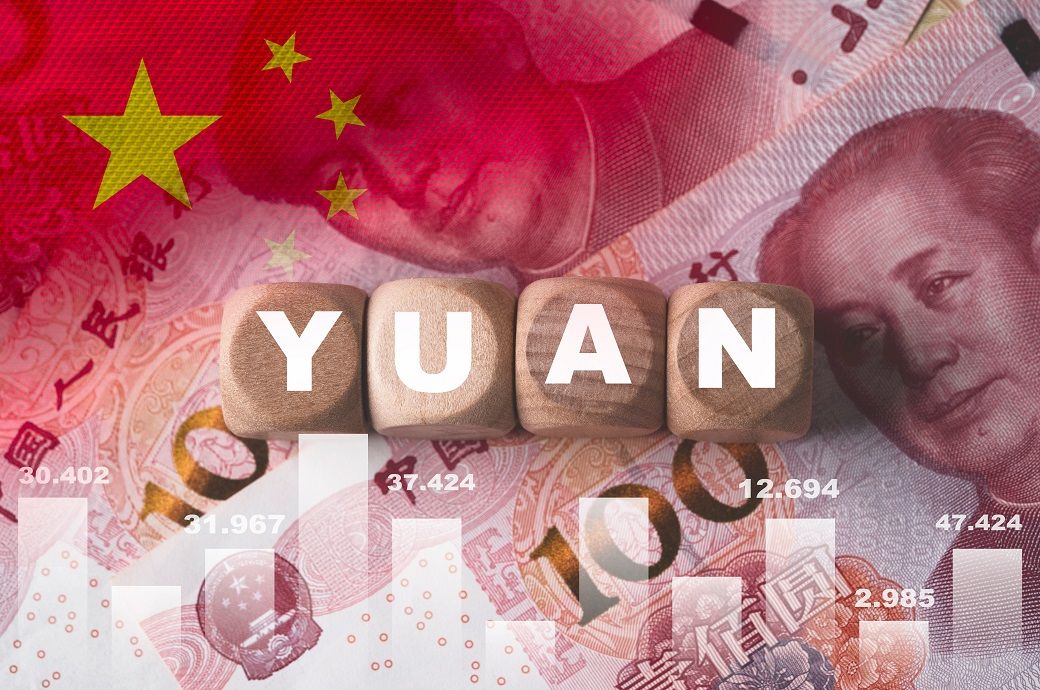
But growth in the Asian giant is expected to slow to 4.6 per cent next year amid continuing weakness in the property market and subdued external demand.
A strategy to contain the risks from the ongoing property sector adjustment and manage local government debt is needed to lift sentiment and boost near-term prospects, IMF suggests. Supportive macroeconomic policies should complement these efforts.
Broad-based and pro-market structural reforms aimed at boosting productivity, supporting rebalancing and decarbonisation would support new engines of growth, and mitigate the negative effects of aging, diminishing returns on investment, and geoeconomic fragmentation, it noted.
“The Chinese economy is on track to meet the government’s 2023 growth target, reflecting a strong post-COVID recovery….Core inflation is projected to increase to 2.1 per cent by end-2024 as output gap continues to narrow. Over the medium term, growth is projected to gradually decline to about 3.5 per cent by 2028 amid headwinds from weak productivity and population aging,” IMF's first deputy managing director Gita Gopinath said in a press statement.
“Financial stability risks are elevated and still rising, as financial institutions have lower capital buffers and growing asset quality risks. To improve financial system resilience and mitigate risks, strict application of prudential policies and a strengthened framework for bank resolution are needed,” she noted.
“China could demonstrate its commitment to an open and rules-based trading system and help reduce fragmentation pressures [at the World Trade Organisation] by scaling back distortions to trade and investment from domestic industrial policies and trade restrictions, which create domestic challenges and global spillovers,” Gopinath added.
ALCHEMPro News Desk (DS)
Receive daily prices and market insights straight to your inbox. Subscribe to AlchemPro Weekly!